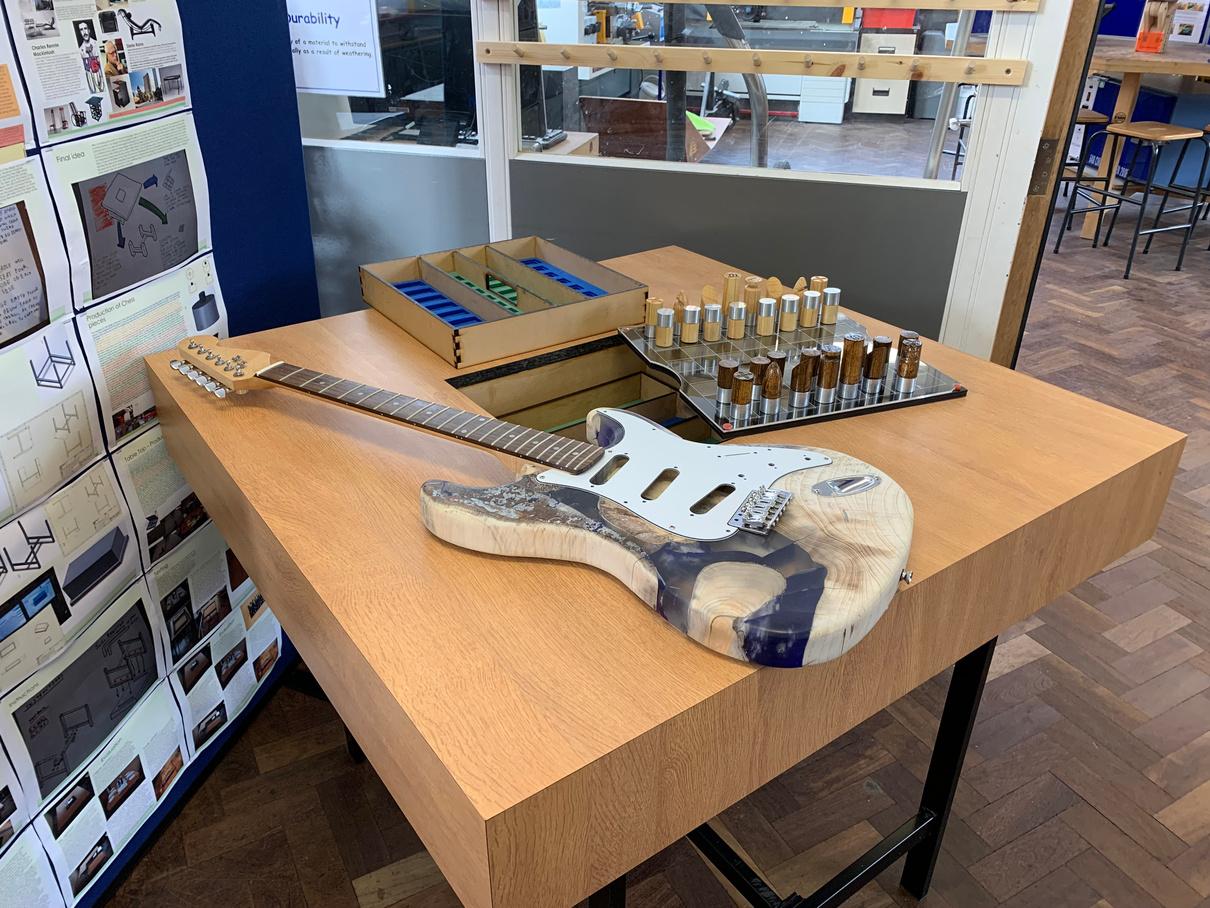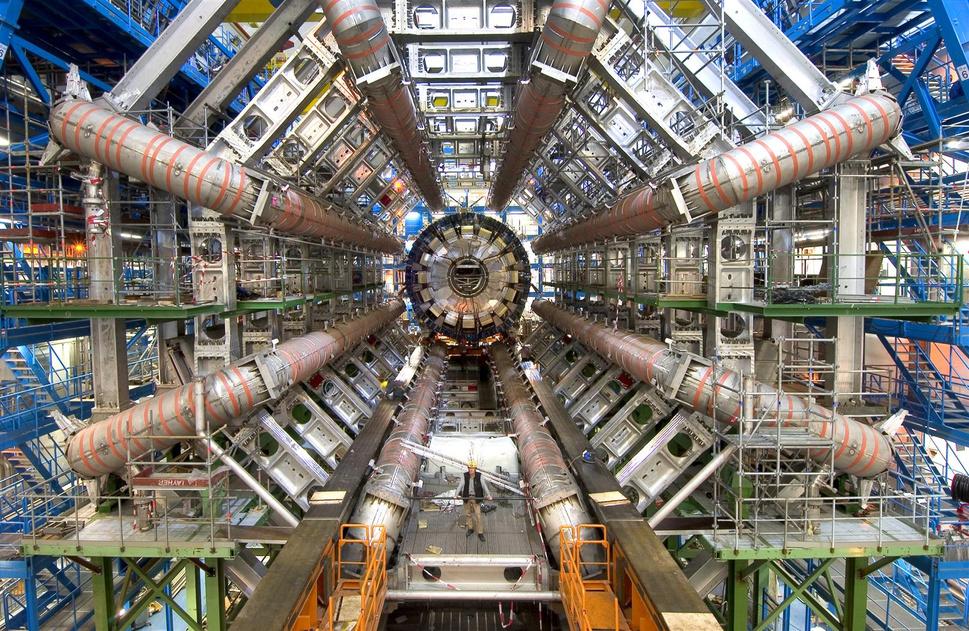
2 minute read
Combined Single-Award Science
19
Combined Single-Award Science
Advertisement
This exciting course covers all the core Biology, Chemistry and Physics topics that students need to know about to make sense of the world around them.
The Biology topics are characteristics of living organisms, cells, biological molecules, enzymes, plant nutrition, animal nutrition, transport, gas exchange and respiration, coordination and response, reproduction organisms and their environment and human influences on ecosystems.
The Chemistry topics are the particulate nature of matter, experimental techniques, atoms, elements and compounds, stoichiometry, electricity and chemistry, energy changes in chemical reactions, chemical reactions, acids, bases and salts, the Periodic Table, metals, air and water and organic chemistry.
The Physics topics are motion, work, energy and power, thermal Physics, properties of waves, including light and sound, electrical quantities and electric circuits.
There is both a mathematical and practical element to this course, and students are expected to be able to carry out a certain number of specific calculations by the end of their GCSE studies along with a series of compulsory practical experiments. Students will not just be taught the content that they need to master in order to achieve success in their examinations at the end of Year 11, but also the exam technique and revision skills required to excel in the final GCSE assessments. The students’ learning will be closely applied to real life situations. It should be noted that, whilst it is a robust GCSE, studying this course is not considered to be adequate preparation for studying any A Level Science course in the Sixth Form.
Mrs A. C. Byrne Head of Combined Science c.byrne@merchanttaylors.com
20
Design & Technology

Why choose this subject?
GCSE Design and Technology will prepare students to participate confidently and successfully in an increasingly technological world. Students will gain awareness and learn from wider influences on Design and Technology including historical, social, cultural, environmental and economic factors. Students will get the opportunity to work creatively when designing and making and apply technical and practical expertise.
What will I learn?
Our GCSE allows students to study core technical and designing and making principles, including a broad range of design processes, materials techniques and equipment. They will also have the opportunity to study specialist technical principles in greater depth and apply previously acquired Engineering principles and craft skills.
How is the subject examined?
Written exam: 2 hours and worth 50% of the GCSE Section A – Core technical principles (20 marks) A mixture of multiple choice and short answer questions assessing a breadth of technical knowledge and understanding. Section B – Specialist technical principles (30 marks) Several short answer questions (2–5 marks) and one extended response to assess a more in-depth knowledge of technical principles. Section C – Designing and making principles (50 marks) A mixture of short answer and extended response questions. Non-exam assessment (NEA): 30–35 hours and worth 50% of the GCSE Substantial design and make task Contextual challenges to be released annually by AQA on 1 June in the year prior to examination Students will produce a prototype and a portfolio of evidence Work will be marked by teachers and moderated by AQA










